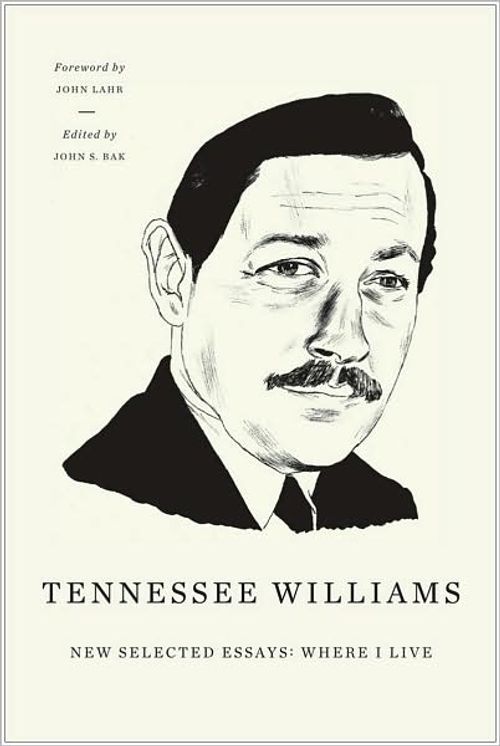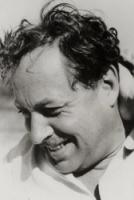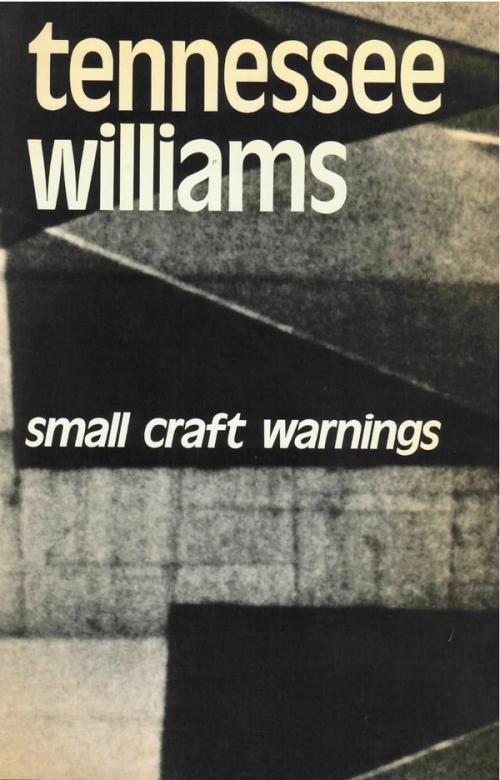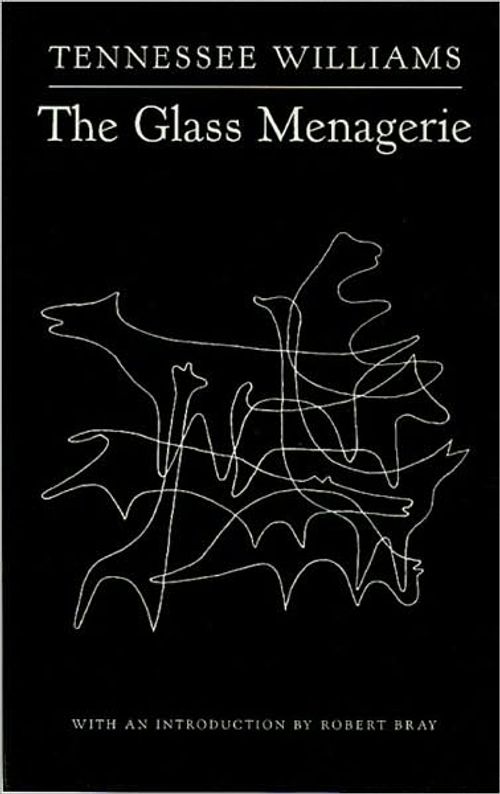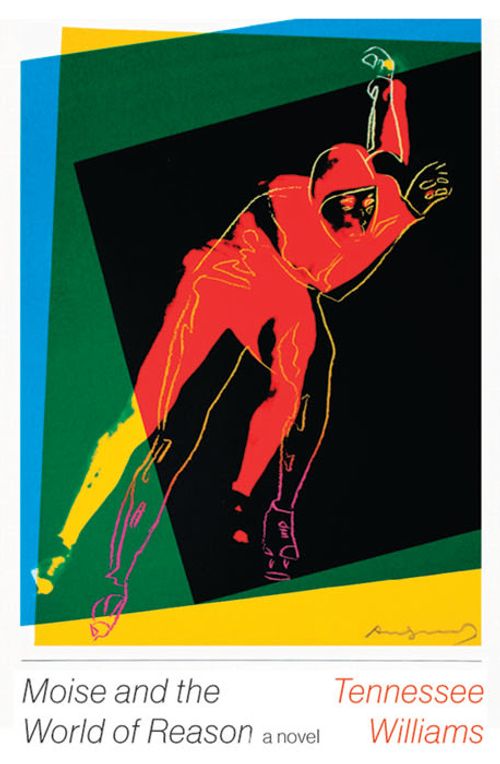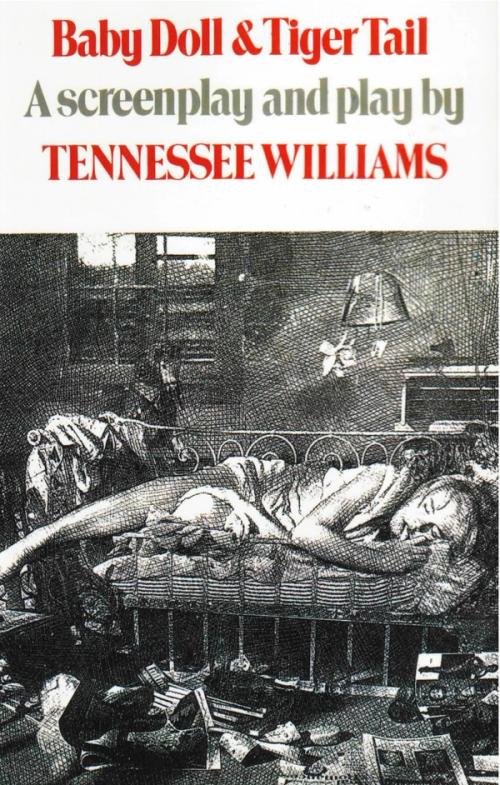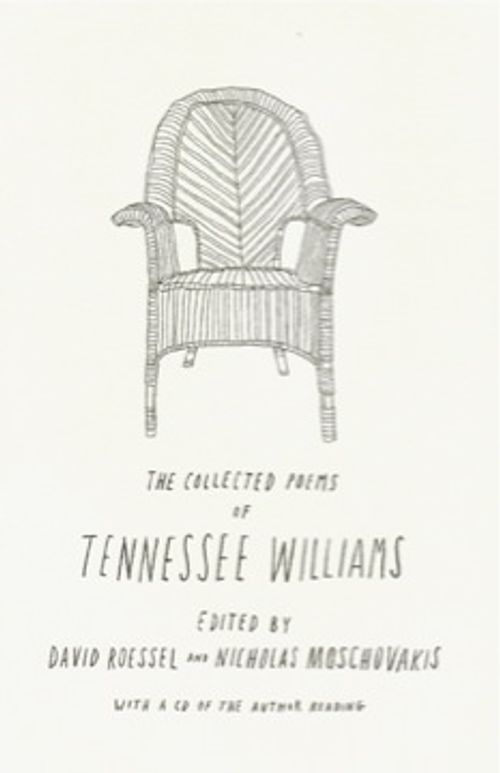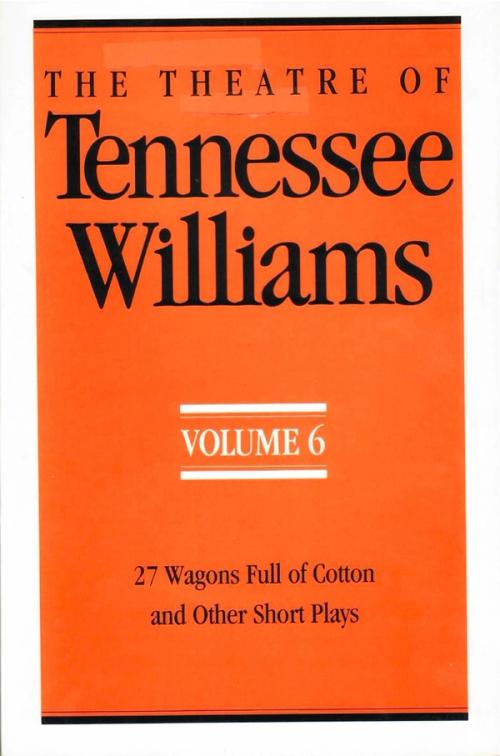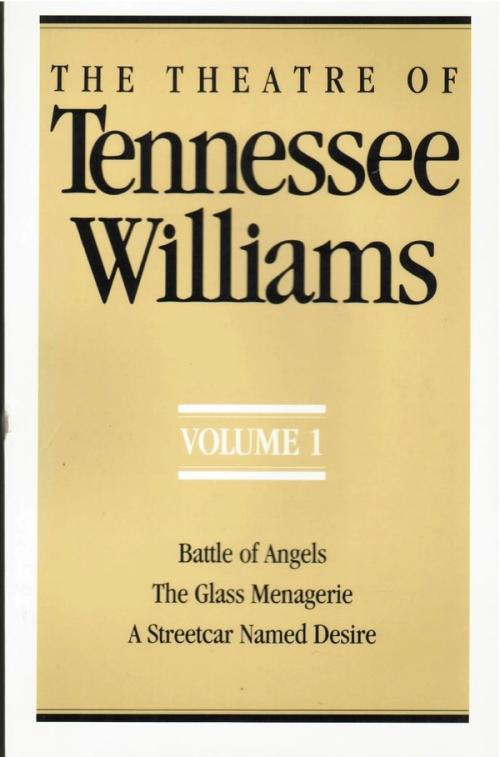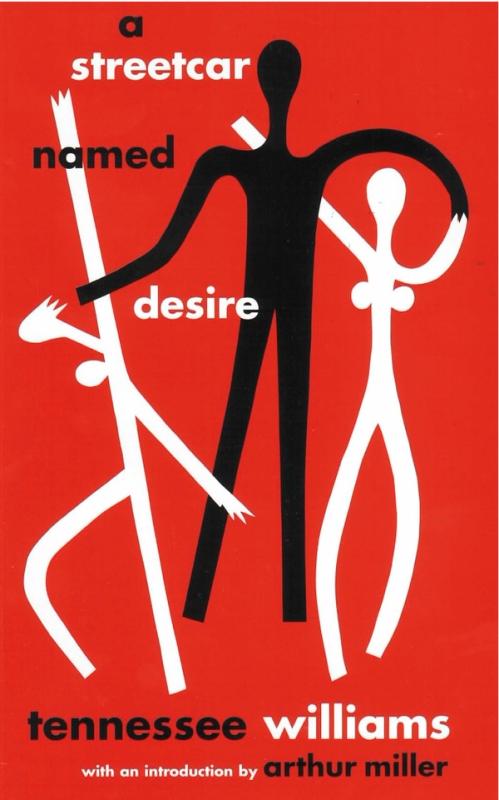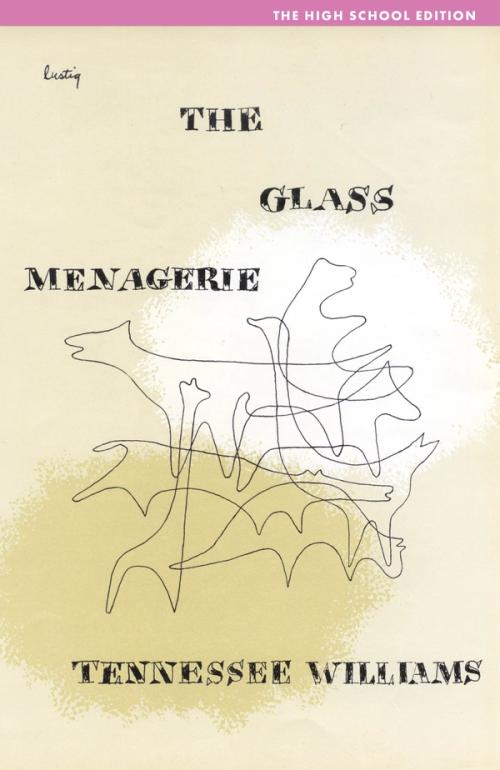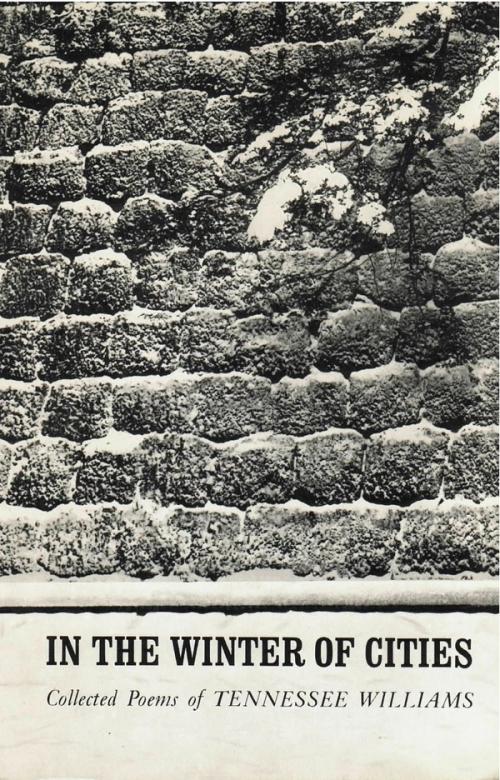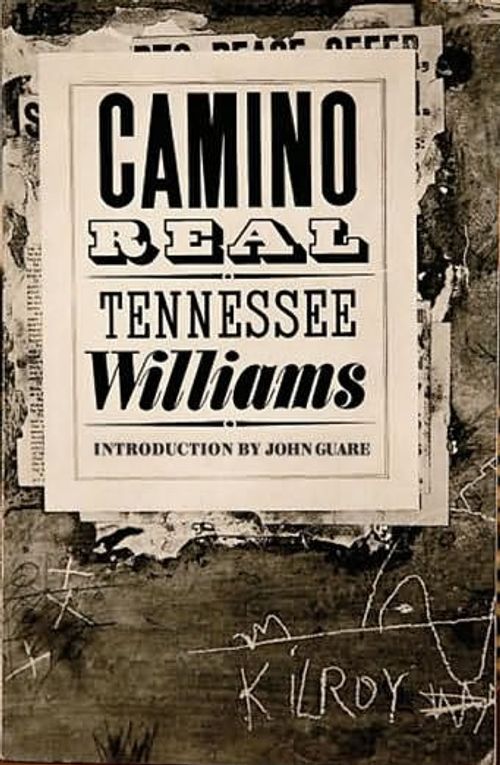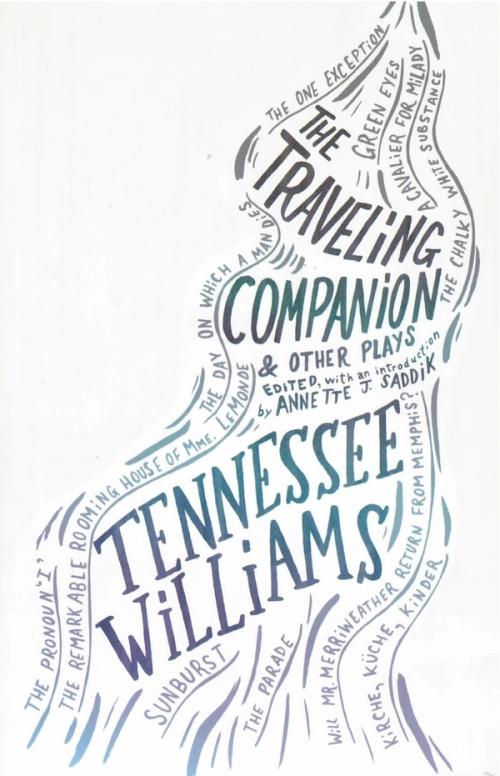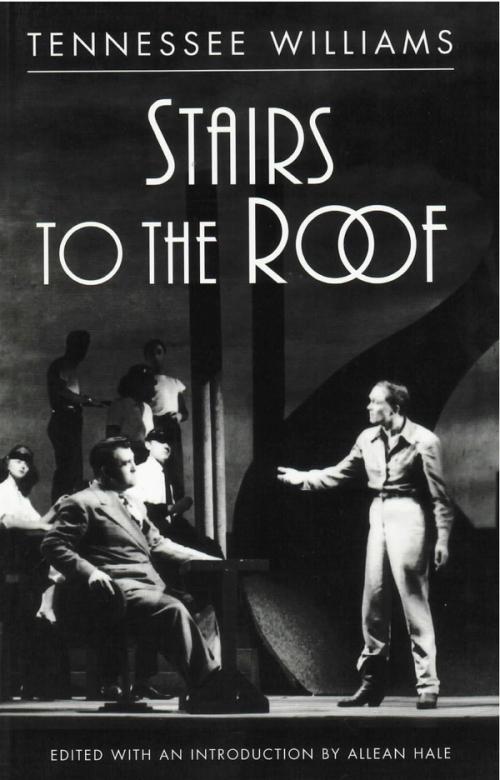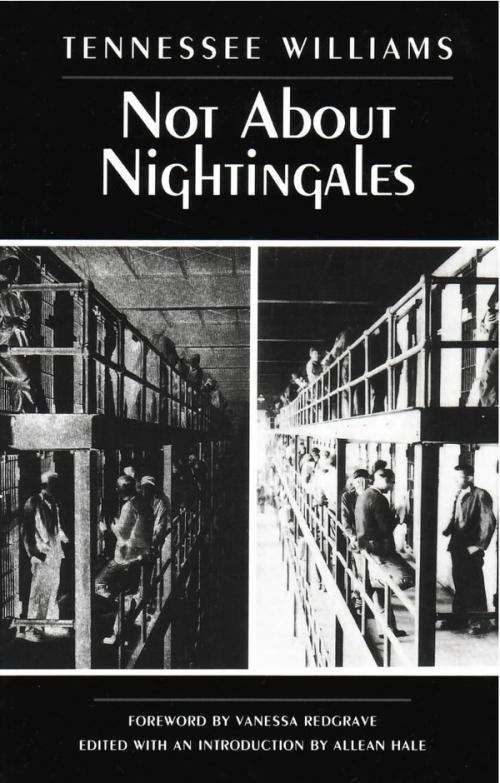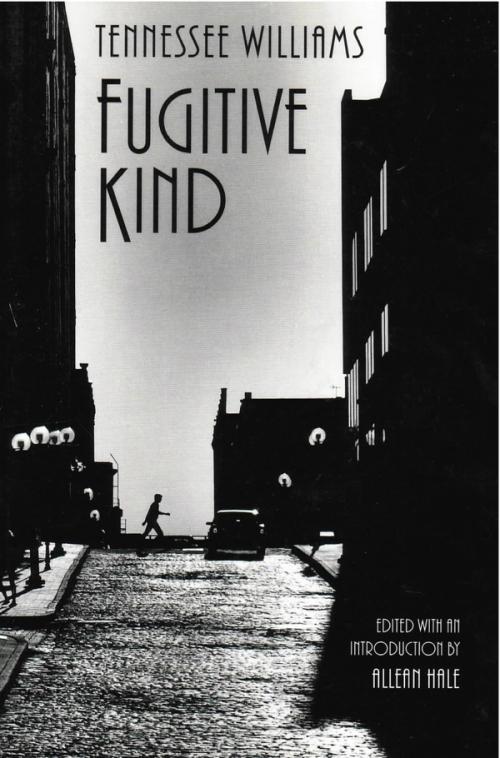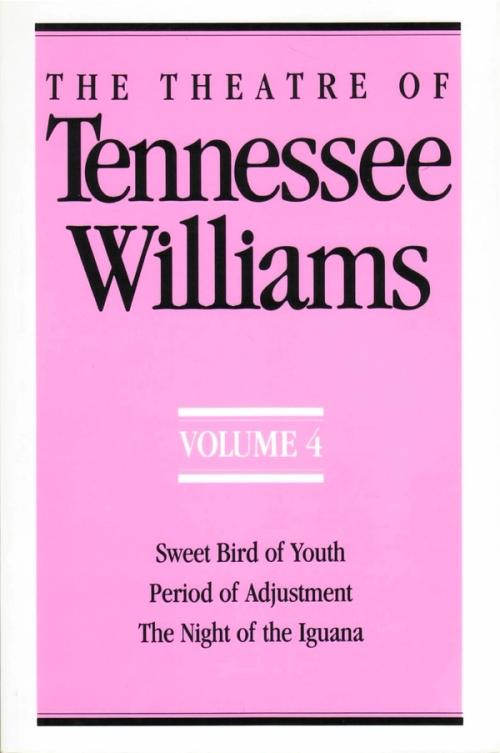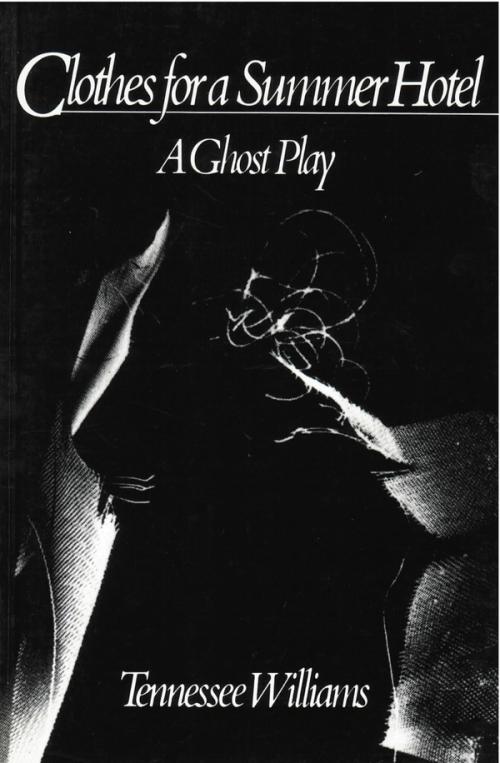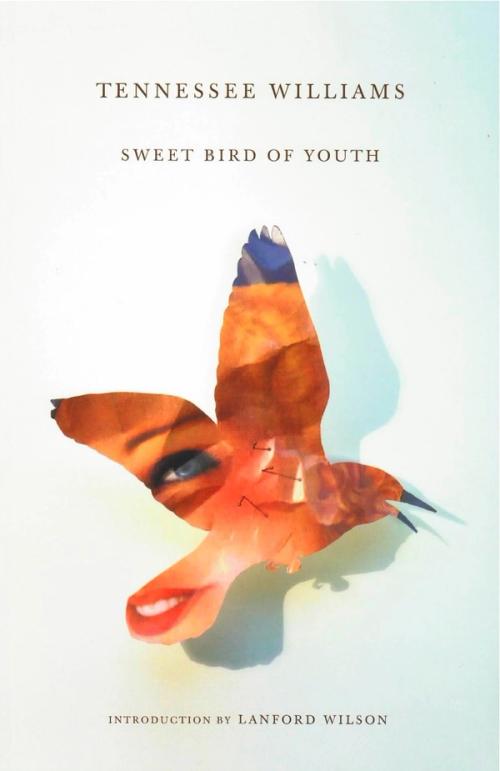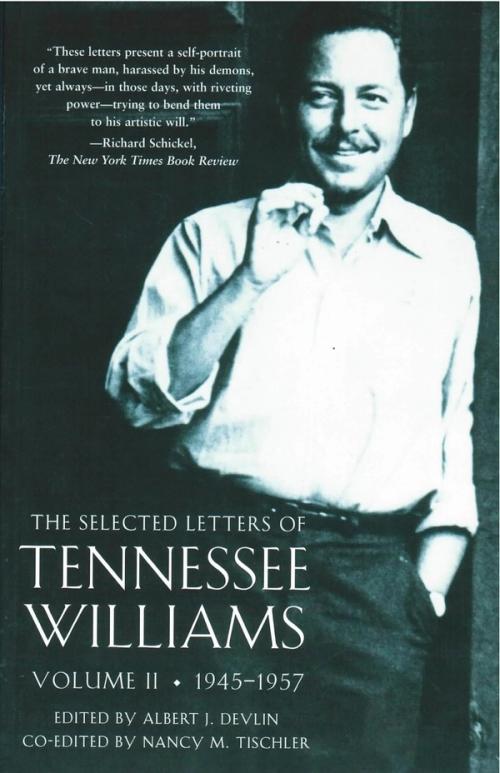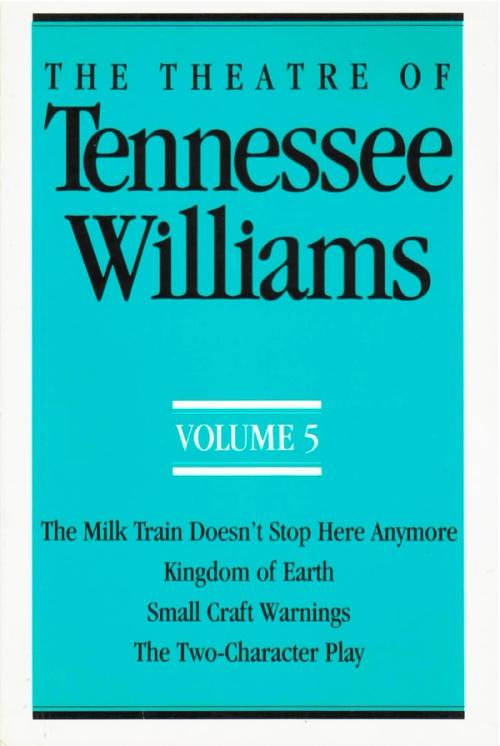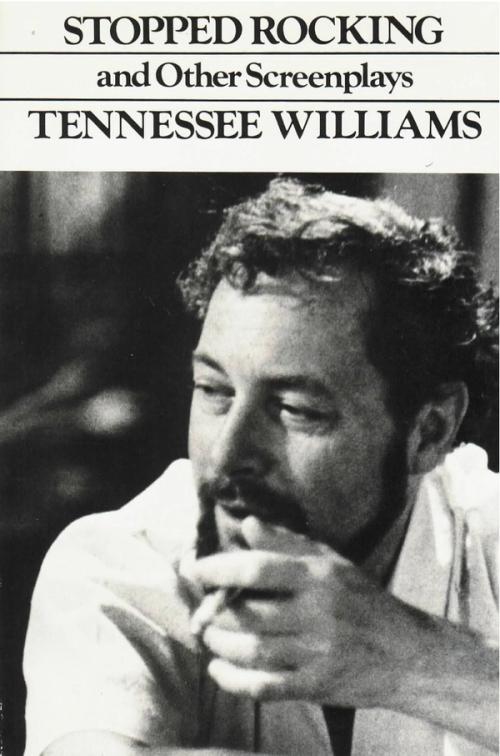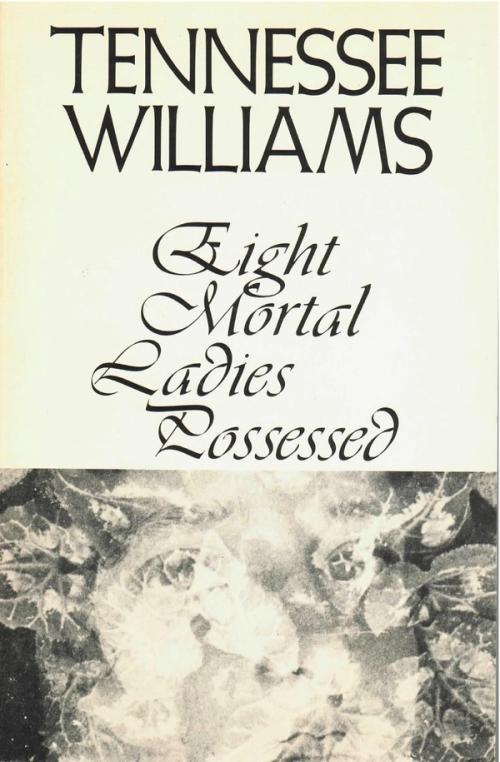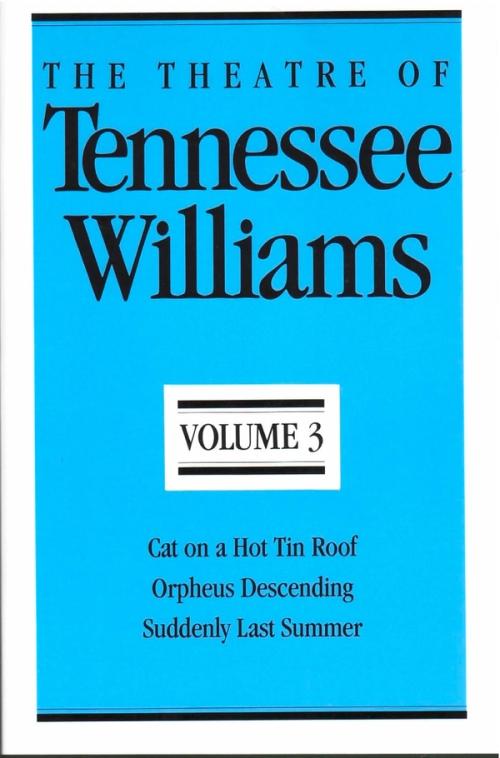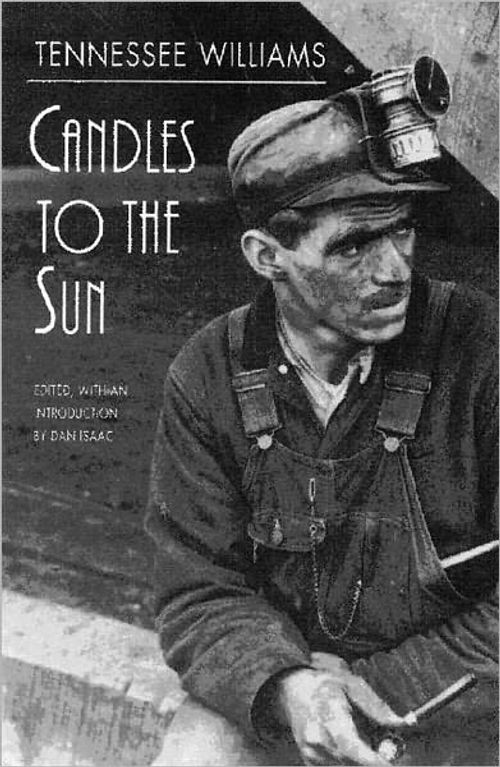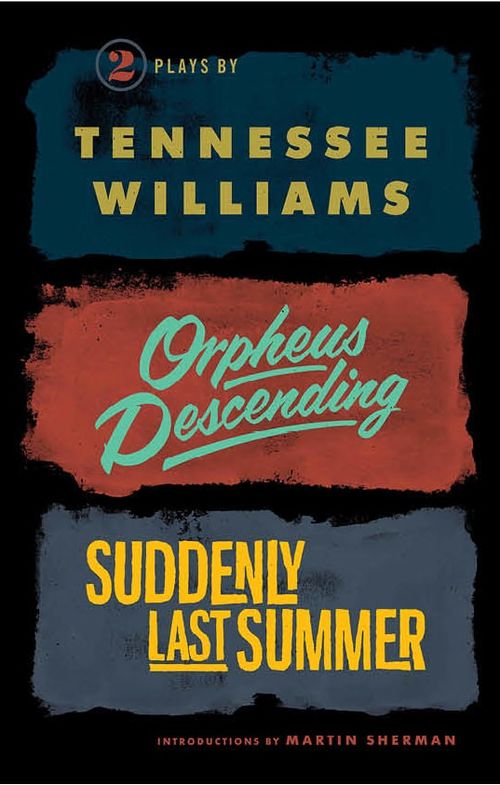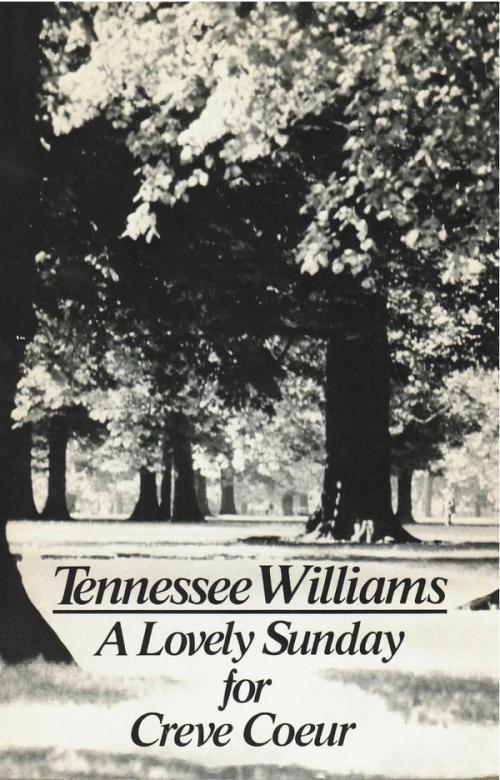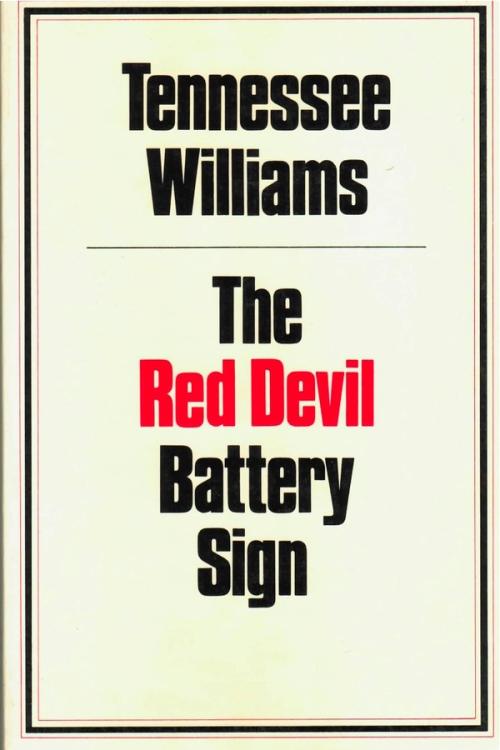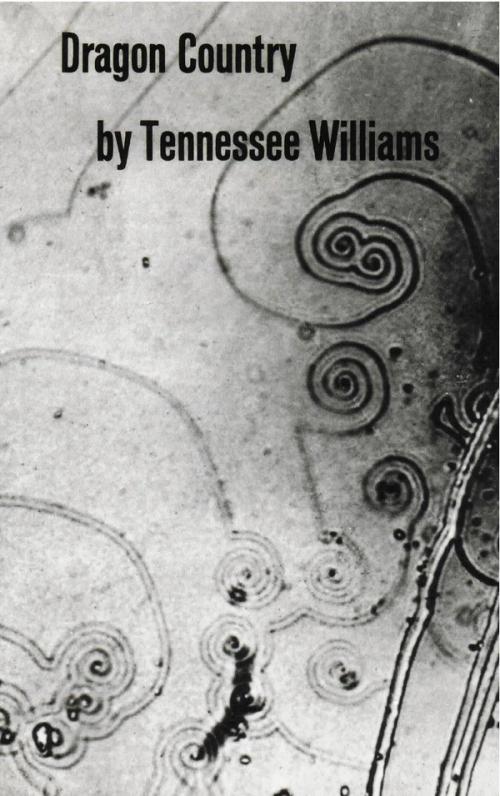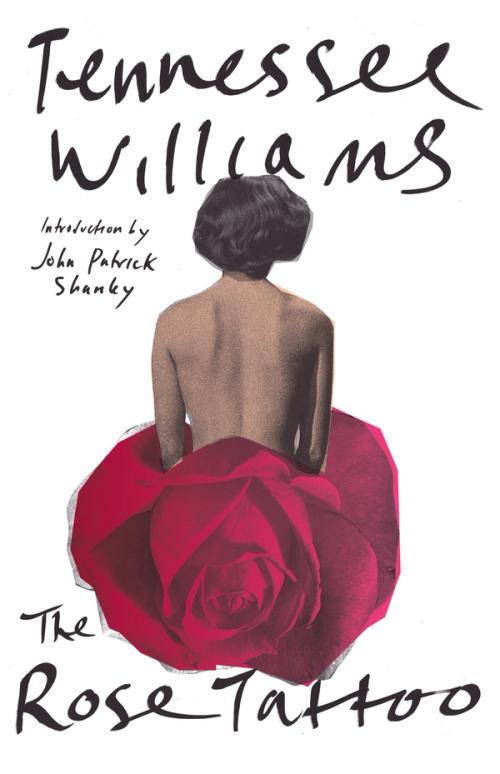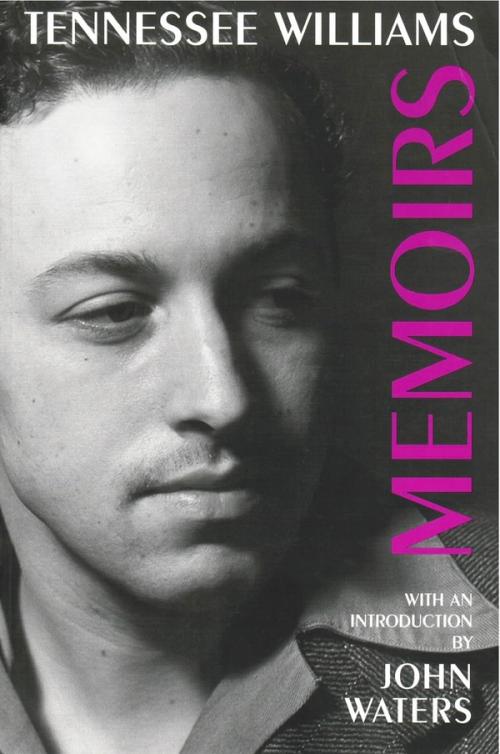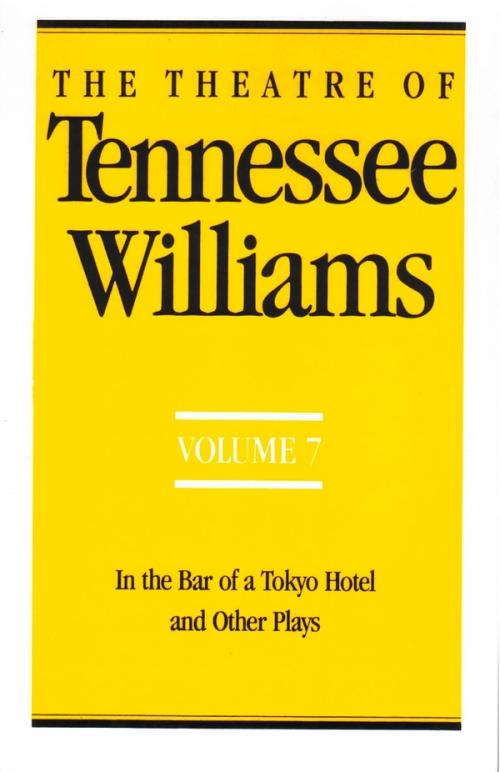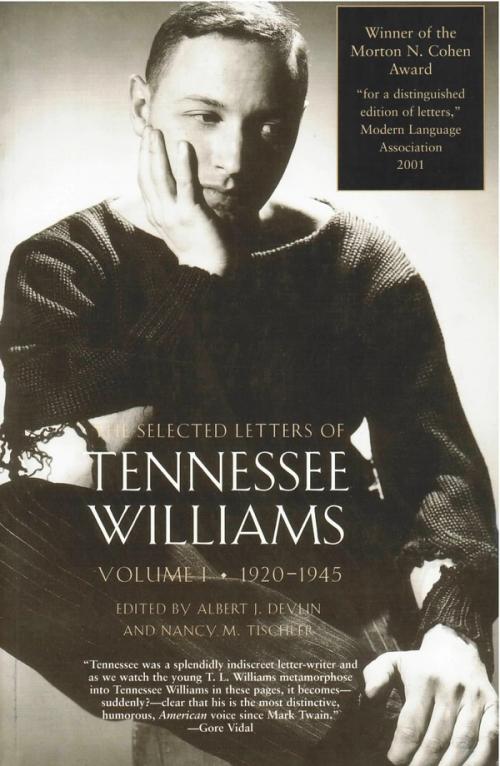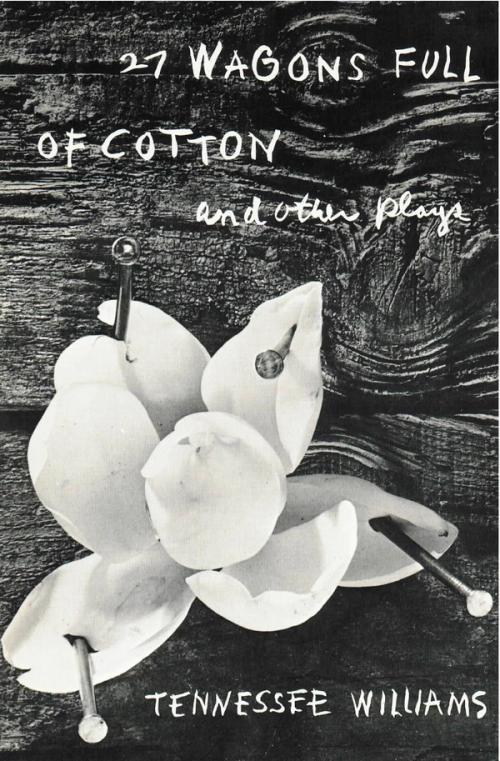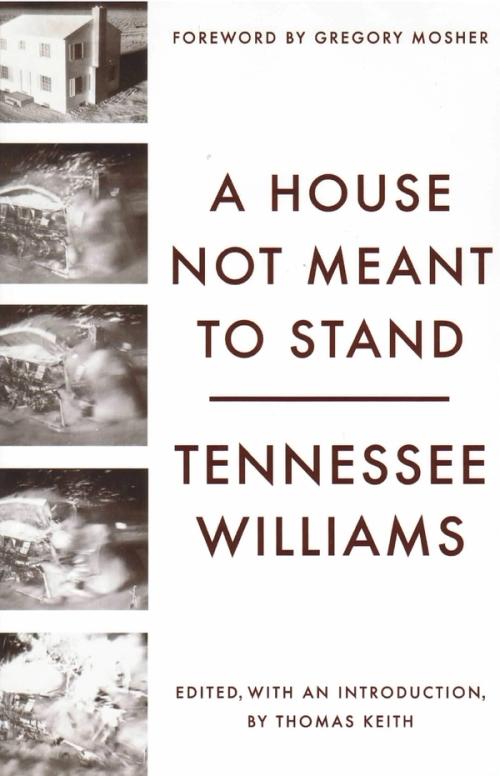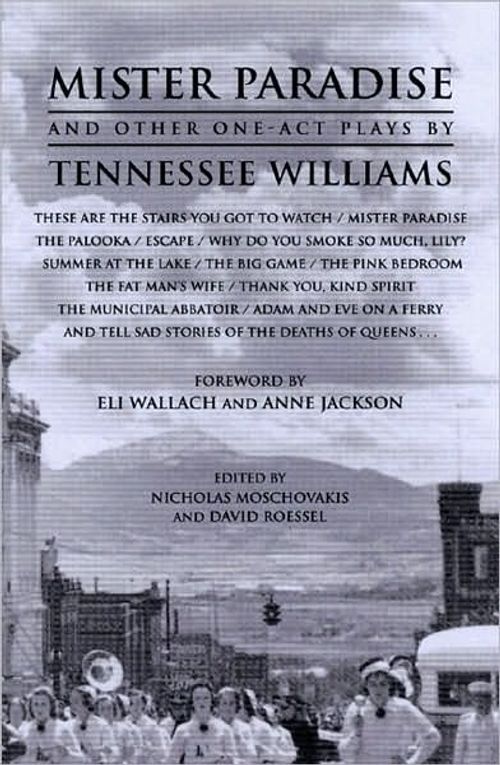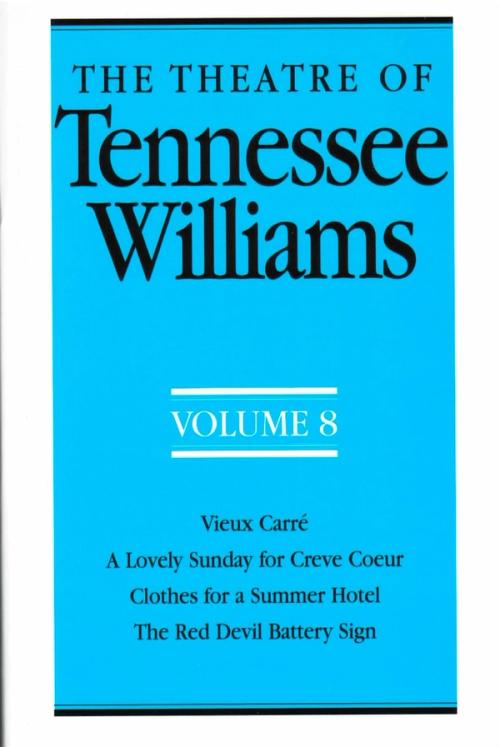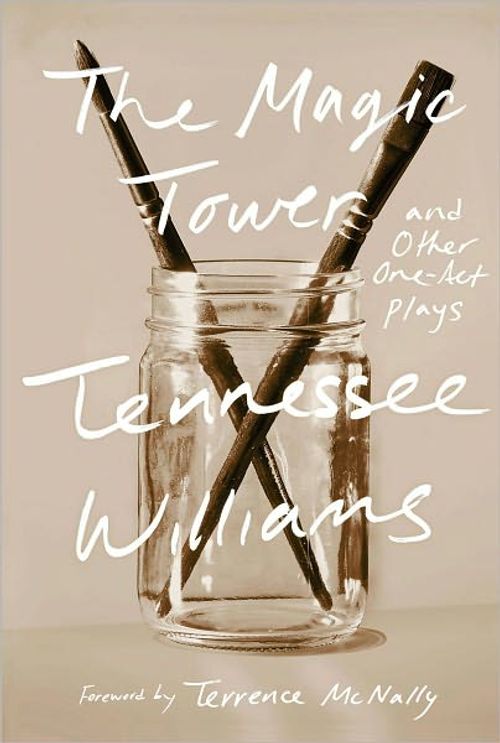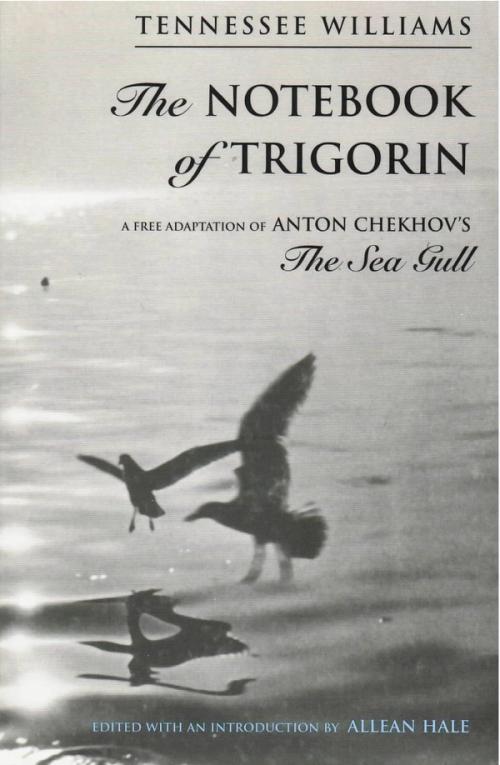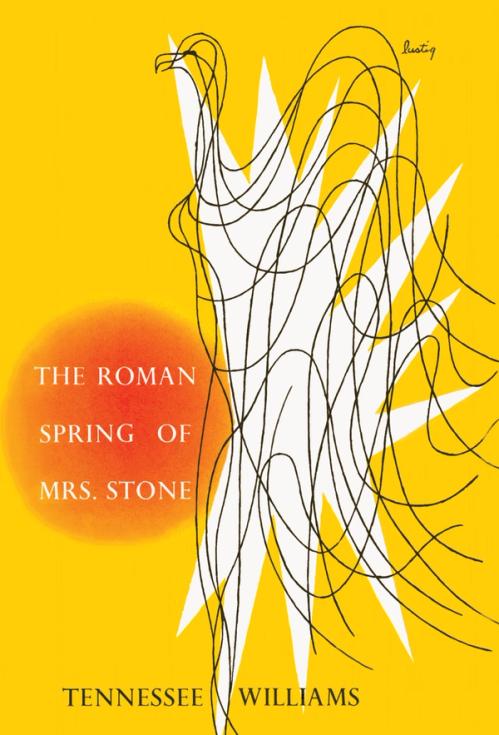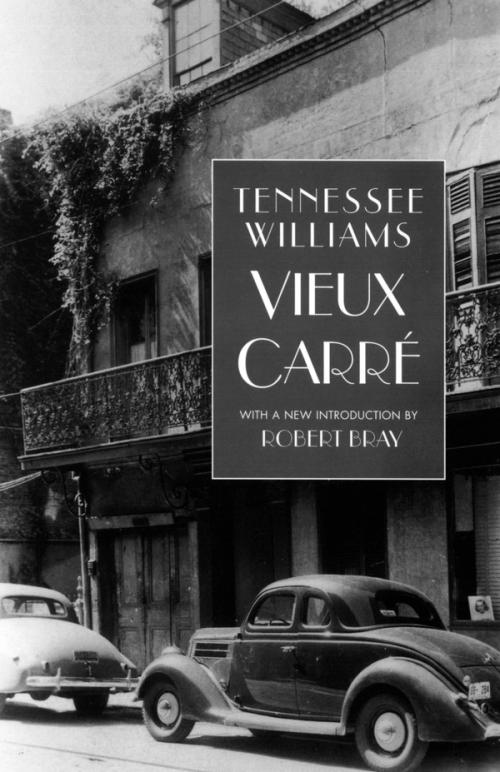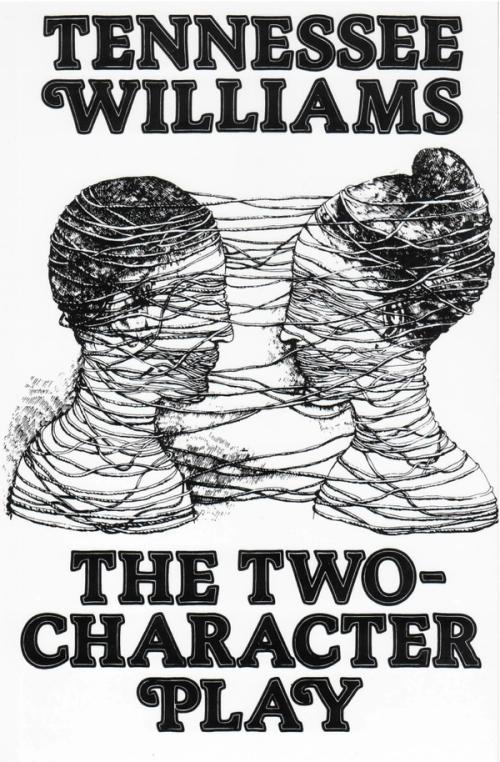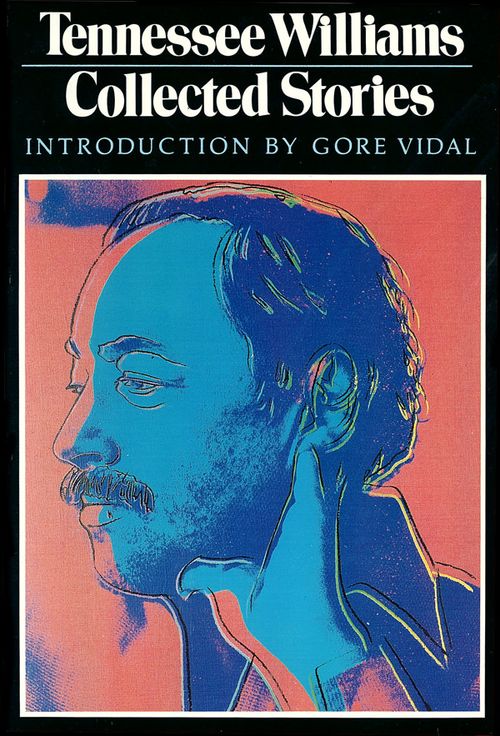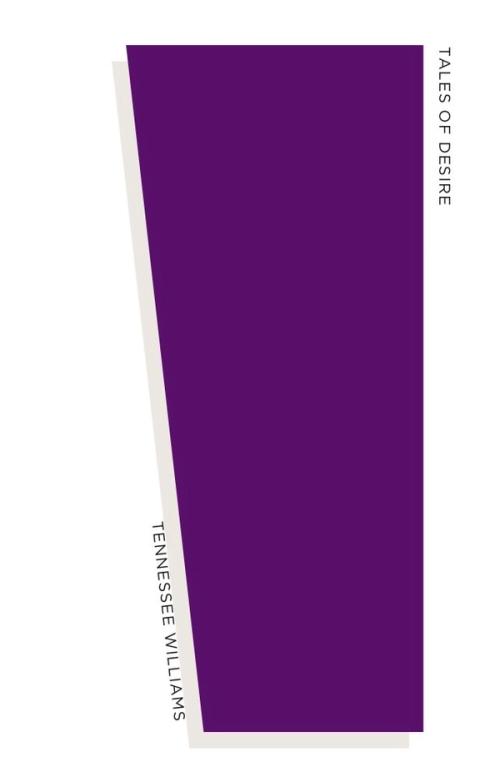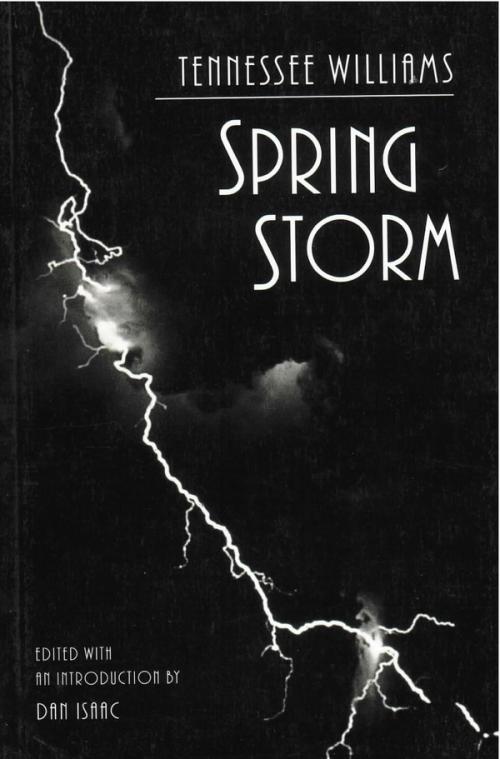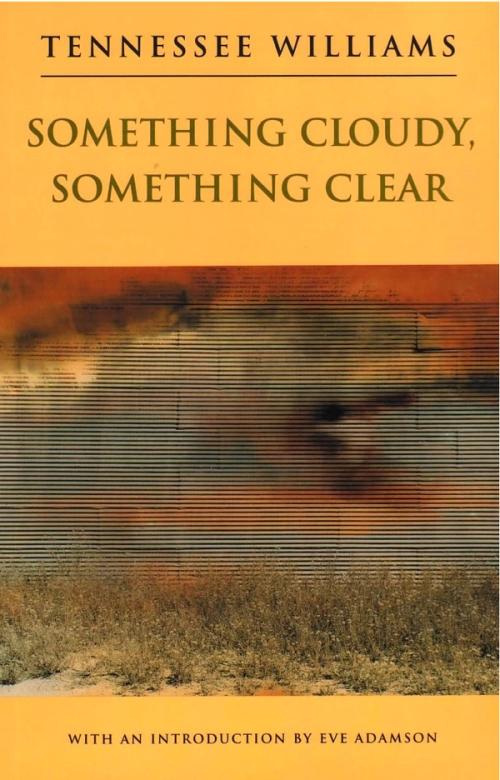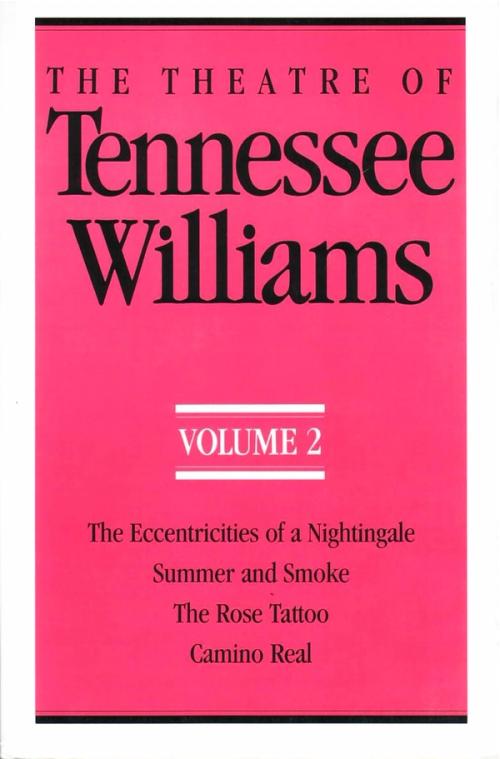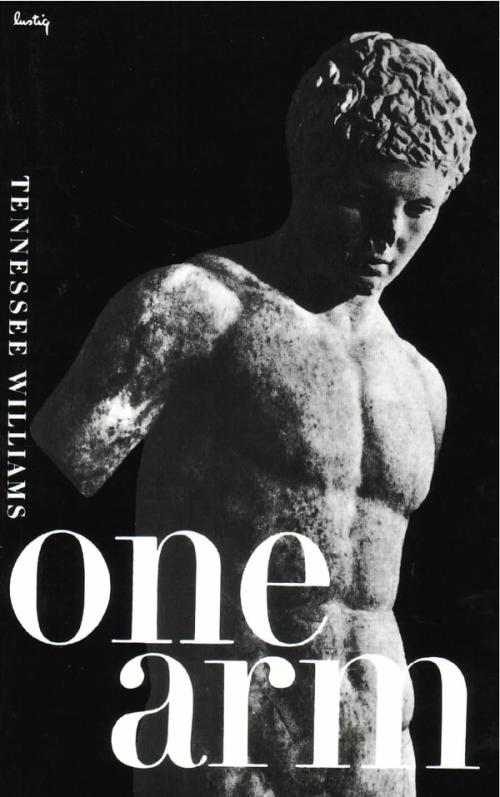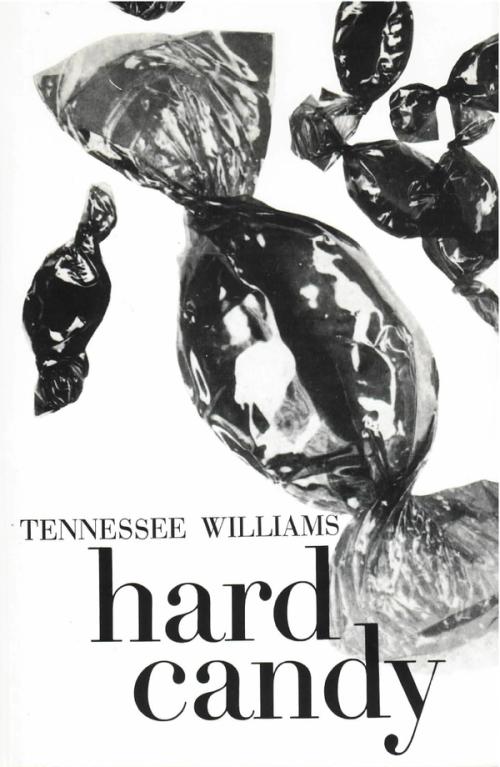New Selected Essays: Where I Live
Literature by Tennessee Williams
With a contribution by John Lahr
For most of his Broadway plays Tennessee Williams composed an essay, most often for The New York Times, to be published just prior to opening—something to whet the theatergoers’ appetites and to get the critics thinking. Many of these were collected in the 1978 volume Where I Live, which is now expanded by noted Williams scholar John S. Bak to include all of Williams’ theater essays, biographical pieces, introductions and reviews. This volume also includes a few occasional pieces, program notes, and a discreet selection of juvenilia such as his 1927 essay published in Smart Set, which answers the question “Can a good wife be a good sport?” Wonderful and candid stories abound in these essays—from erudite observations on the theater to veneration for great actresses. In “Five Fiery Ladies” Williams describes his fascinated, deep appreciation of Vivien Leigh, Geraldine Page, Anna Magnani, Katharine Hepburn, and Elizabeth Taylor, all of whom created roles in stage or film versions of his plays. There are two tributes to his great friend Carson McCullers; reviews of Cocteau’s film Orpheus and of two novels by Paul Bowles; a portrait of Williams’ longtime agent Audrey Wood; a salute to Tallulah Bankhead; a political statement from 1972, “We Are Dissenters Now”; some hilarious stories in response to Elia Kazan’s frequent admonition, “Tennessee, Never Talk to An Actress”; and Williams’ most moving and astute autobiographical essay, “The Man in the Overstuffed Chair.” Theater critic and essayist John Lahr has provided a terrific foreword which sheds further light on Tennessee Williams’ writing process, always fueled by Williams’ self-deprecating humor and his empathy for life’s nonconformists.
Paperback(published Apr, 01 2009)
- ISBN
- 9780811217286
- Price US
- 18.95
- Price CN
- 24
- Trim Size
- 6x9
- Page Count
- 256
